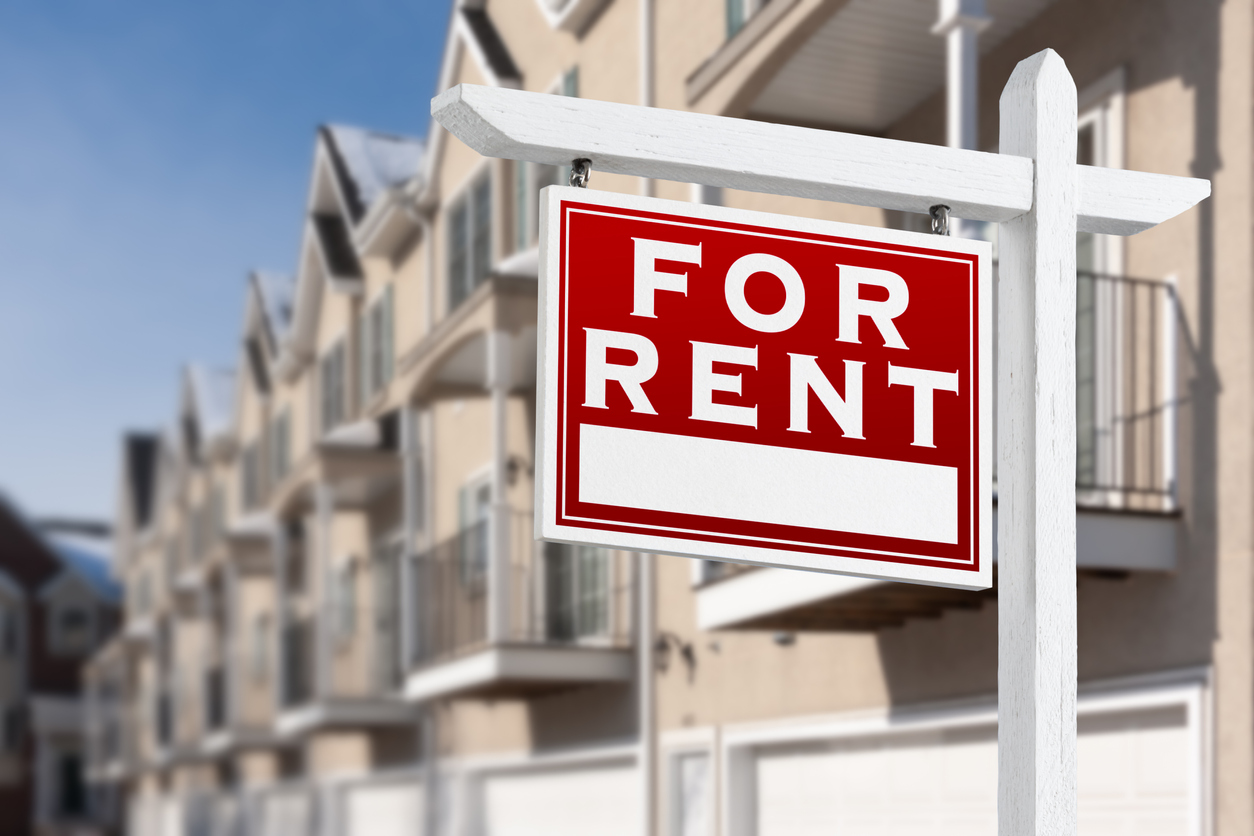Voters in Olympia will soon consider Measure 1, a proposal to create a city income tax. Due to state and local prohibitions on graduated income taxes, Measure 1 has already been the subject of many Olympia City Council meetings and court rulings concerning its legality. Although this income tax proposal is limited to the city of Olympia, its approval could have a huge future impact on taxpayers statewide. This is because the Olympia income tax proposal is really about creating a test case to see if the state Supreme Court will overturn more than 80 years of case law banning graduated income taxes in Washington and allow a statewide income tax without changing the state constitution.
The Tacoma News Tribune takes a look at Measure 1 today in its article titled "How an Olympia ballot measure could pave the way for a statewide income tax." From the article:
"Hope for supporters of a statewide income tax in Washington doesn’t come often. But a citizen initiative on the ballot in Olympia this fall represents at least a glimmer. That’s because the measure, which would levy an income tax on Olympia residents whose household income exceeds $200,000, is likely to end up in the courts if it passes. A legal challenge could give the state Supreme Court a chance to reverse its 1930s decisions that struck down graduated state income taxes as unconstitutional."
To get around the state's legal prohibition on income taxes, supporters of Measure 1 claim it is not an income tax but an “excise tax.” As pointed out by former Supreme Court Justice Phil Talmadge, however, the state Supreme Court has already barred attempts to call an income tax an “excise tax” to evade the legal prohibition. Writing about a similar attempt to call an income tax an “excise tax” with Initiative 1098 in 2010, Justice Talmadge pointed to prior court rulings rejecting these arguments:
“The Legislature attempted to describe the income tax as an excise tax on the ‘privilege of receiving income’ in the State of Washington. The Supreme Court was unmoved. The Jensen court stated that the 1935 Legislature’s effort to rename the tax did not make it an excise tax . . . Subsequently, in Power, Inc v. Huntley, the Legislature enacted what it described as a corporate excise tax, which was actually a graduated new income tax on corporations. Again, the Supreme Court indicated that legislative labels for a tax are not controlling.”
Supporters of a statewide income tax engaged in a “city-shopping” strategy in proposing Measure 1 in Olympia. Their stated goal is to force a local test case due to their consistent failure to impose an income tax at the state level. The last ten times statewide voters have been asked to adopt an income tax, they have resoundingly said “no.”
Here are the details on the state's income tax votes:
- 1932 – I-69: Yes 70%: No: 30% (ruled unconstitutional)
An Act relating to and requiring the payment of a graduated tax on the incomes of persons, firms, corporations, associations, joint stock companies and common law trusts, the proceeds therefrom to be placed in the state current school fund and other state funds, as a means of reducing or eliminating the annual tax on general property which now provides revenues for such funds; providing penalties for violation; and making an appropriation from the general fund of the state treasury for paying expenses of administration of the act.
- 1934 – HJR 12: Yes 43%; No 57%
A resolution amending section 1 of Article VII of the constitution by providing that all taxes shall be uniform upon the same class of subjects within the territorial limits of the authority levying the tax and shall be levied and collected for public purposes only; providing that there shall be such exemptions from taxation as the legislature may by general law provide; and providing that nothing contained in this section shall be construed to prevent the enactment of a graduated net income tax law.
- 1936 – SJR 7: Yes 22%; No 78%
A Proposal to repeal section 12, article XI and amend sections 1 and 9, article VII of the constitution by providing: uniform taxation upon the same class of subjects; that the legislature may provide exemptions and graduated net income tax, may vest municipalities with power to make local improvements by special assessment or taxation; cannot require counties or municipalities to tax for county or municipal purposes but may under legislative restriction, vest them with such authority.
- 1938 – SJR 5: Yes 33%; No 67%
A Proposal to amend Section 1, Article VII of the Constitution of the State of Washington relating to taxation by providing that nothing contained in said section shall be construed to prevent the enactment of a graduated net income tax law.
- 1942 – Constitutional Amendment: Yes 34%; No 66%
Constitutional Amendment Article VII, Sec. 2. A Proposal to amend Article VII of the Constitution by adding a new section, section 2, providing that income shall not be construed as property for the purpose of taxation, and empowering the legislature to enact graduated net income taxes, and to provide exemptions, offsets and deductions.
- 1944 – I-158: Yes 30%; No 70%
An act relating to revenue and taxation; providing for the levy and collection of a three per cent tax on gross income; providing for certain exemptions and deductions; providing for the disposition of revenue derived hereunder; prescribing monthly payments of not less than sixty dollars to certain aged, blind, disabled or widowed persons from an Employment and Retirement Mutual Insurance Fund, herein created; prescribing duties of officers and procedure in relation hereto; regulating disposition of payments by beneficiaries; defining terms and prescribing penalties.
- 1970 – HJR 42: Yes 32%; No 68%
Shall the state constitution be amended to reduce the maximum allowable rate of taxation against property to 1 percent of true and fair value in the absence of authorized excess levies, and to permit the legislature to tax income at a single rate without regard to this limitation or, after 1975, at a graduated rate if the voters in that year or thereafter approve the removal of the single rate limitation?
- 1973 – HJR 37: Yes 23%; No 77%
Shall a graduated net income tax be authorized, excess levies for school operations be prohibited, and some excise taxes limited?
- 1975 – I-314: Yes 33%; No 67%
Shall corporations pay a 12% excise tax measured by income so that special school levies may be reduced or eliminated?
- 1982 – I-435: Yes 34%; No 66%
Shall corporate franchise taxes, measured by net income, replace sales taxes on food and state corporate business and occupation taxes?
- 2010 – I-1098: Yes 36%; No 64%
Initiative Measure No. 1098 concerns establishing a state income tax and reducing other taxes. This measure would tax “adjusted gross income” above $200,000 (individuals) and $400,000 (joint-filers), reduce state property tax levies, reduce certain business and occupation taxes, and direct any increased revenues to education and health.
Regardless of what happens with the Measure 1 income tax proposal in Olympia income tax supporters will continue to focus efforts at the state level, most likely with proposals to impose a capital-gains income tax. This is why we believe the legislature should send voters a constitutional amendment, like occurred recently in Tennessee, to make the state’s income tax ban court proof.
Updated (2:30 p.m.)
Former state Supreme Court Chief Justice Gerry Alexander agrees that Olympia’s Measure 1 proposed income tax is unconstitutional. Chief Justice Alexander is part of the official no campaign and told me today:
“As a lifelong Olympian I am opposed to the proposed income tax. My concerns are numerous, but start with the fact that the tax would be unlawful, In that regard, see RCW 36.65.030 which provides that a city ‘shall not levy a tax on net income.’ On top of that, the Washington Supreme Court has twice ruled that graduated income taxes violate the 14th Amendment to the State constitution.”
Additional Information
Timeline of Olympia Income Tax Ballot Measure
Former Supreme Court Justice Phil Talmadge's legal analysis of I-1098 (Income tax)
State should make state income-tax ban crystal clear
Is a capital gains tax an excise or income tax?




